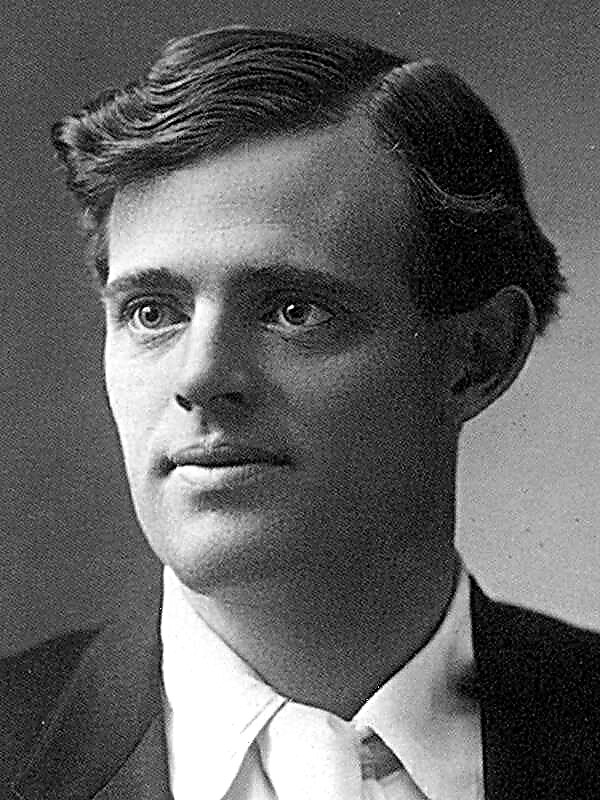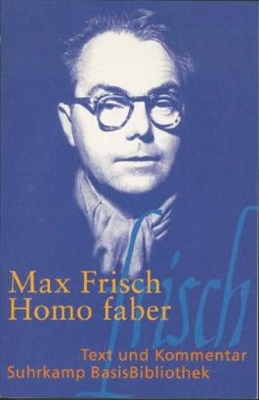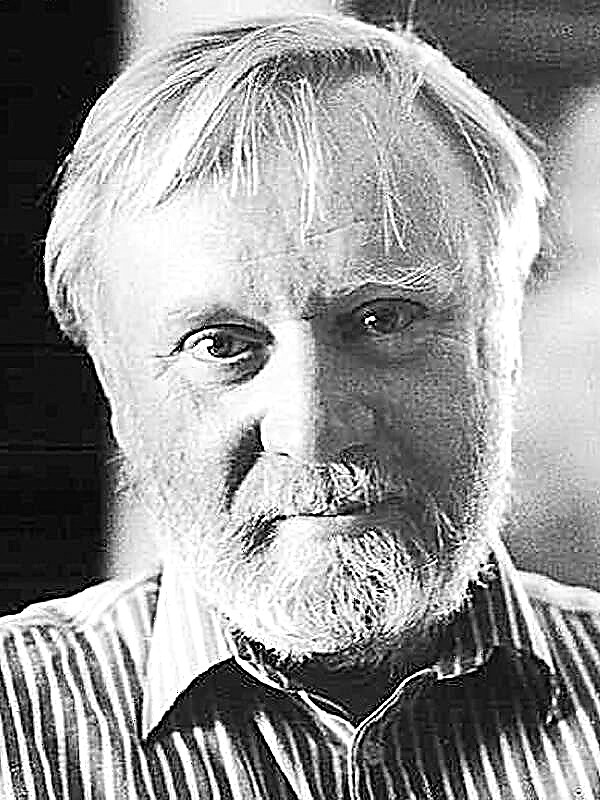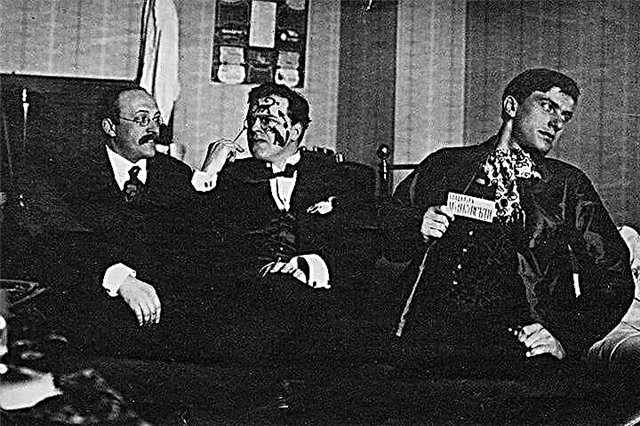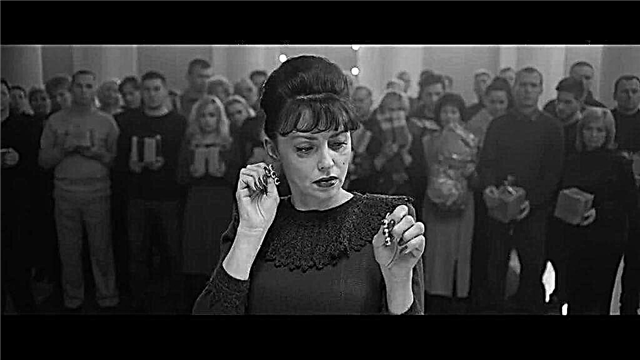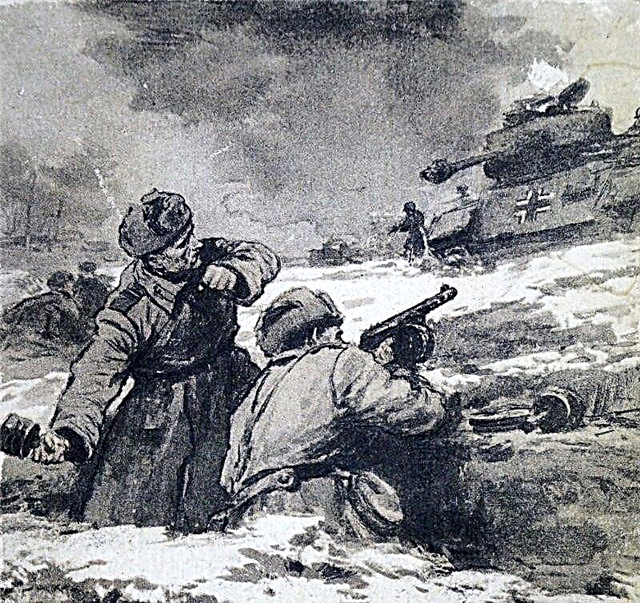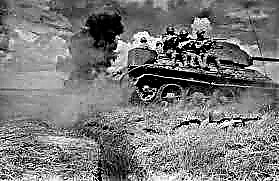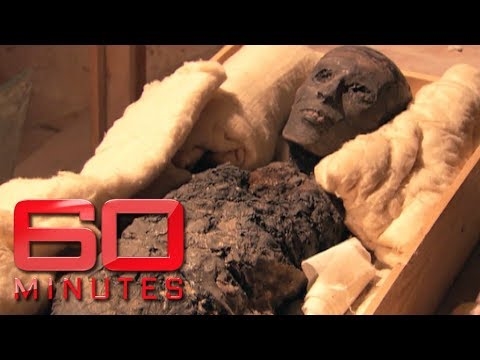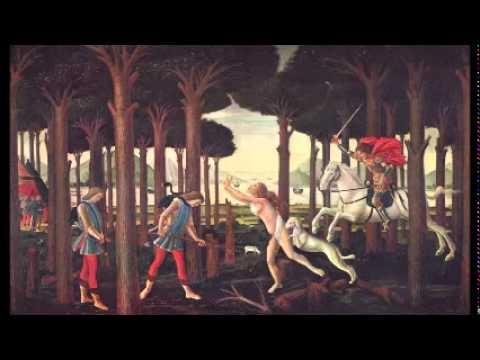(612 words) From childhood we are told that we need to be kind. Every child knows that being good is good and evil is bad. And it would seem that if kindness is brought up in us from childhood, then there is nothing complicated in being humane. Unfortunately, this is not the case. Many people in our world are too cruel and aggressive. This is a serious problem of society, which is worth talking about. Evil has always existed: there are negative characters in films, fairy tales, even in cartoons, and, of course, in books. And if the end is obvious in fairy tales - good will certainly defeat evil - then in literature everything is more complicated.
A striking example of the clash of good and evil is shown to us by A. S. Griboedov in his comedy “Woe from Wit”. There is no concept of “good” and “evil” in the sense in which we are accustomed to hearing it. The evil here is the Famusian society, which in the race for ranks and awards forgets about moral prejudices, honor and bright love ... "Who is poor, you are not a couple," says Famusov to his daughter, Sonya. He only thinks about money, he does not care about real feelings, because they will not bring more income or promotion. And not only Famusov adheres to such views, but also the whole society that surrounds one of the main characters - Chatsky - throughout the comedy. Chatsky suffers from this. He can be called a good hero: he is an active and fair young man, well educated. He is not afraid to express his opinion and fight for justice, since he does not pursue promotion, money or ranks. It is difficult for Chatsky to live among the Famus society - no one understands him, everyone considers him strange, and her lover (Sophia) completely dismisses the rumor about his craziness. At the end of the work, the hero leaves Moscow: “To me a carriage, a carriage!” Does this mean that in the comedy “Woe from Wit”, good in the person of Chatsky lost to the callous Famusian society, the embodiment of evil? I don’t think so. The main tasks of Chatsky in this battle are not to lose oneself, not to become one of the representatives of such a society, and not to break under the yoke of someone else's opinion. It is safe to say that the hero coped with this. He emerged from the battle between good and evil, not an absolute winner, but at the same time certainly not a loser.
If Chatsky fought with the people who surrounded him, then the hero of the novel F. M. Dostoevsky “Crime and Punishment” - Rodion Raskolnikov - fought with himself, his evil. Raskolnikov is a sympathetic and merciful man; he knows how to love. But the environment in which he lives changes him. The hero sees poverty and lack of rights around him, therefore an inhuman theory arises in his head - the world is divided into “creatures trembling” and people who “have the right”. The latter can be killed for the happiness of society. Rodion relates himself precisely to that category of people who “have the right”. Desiring to make the world a better place, he decides to kill the old woman-interest-maker. And it is the murder that causes Rodion’s moral suffering: “Have I killed the old woman? I killed myself. " He did a terrible and evil deed, but at the same time he did it for good. A paradox arises - evil is based on good, and in the soul of every person these two qualities coexist. And which of them will win depends only on the person himself. Raskolnikov committed an evil act, but at the end of the novel, thanks to Sonya Marmeladova, he realized the horror of his theory and accepted the punishment. Therefore, we can say that the battle between good and evil in Rodion’s soul ended in the victory of good.
Good always wins in children's fairy tales or cartoons, but, unfortunately, in life everything is completely different. We do not know where we will be in the near future, and what kind of people will surround us. We do not know what will happen tomorrow, and which side we will go to - the side of good or evil. But we know for sure that this choice depends only on ourselves. You need to be a merciful and open person, to be able to love, to cultivate moral values in yourself, and then good will conquer evil in life.


